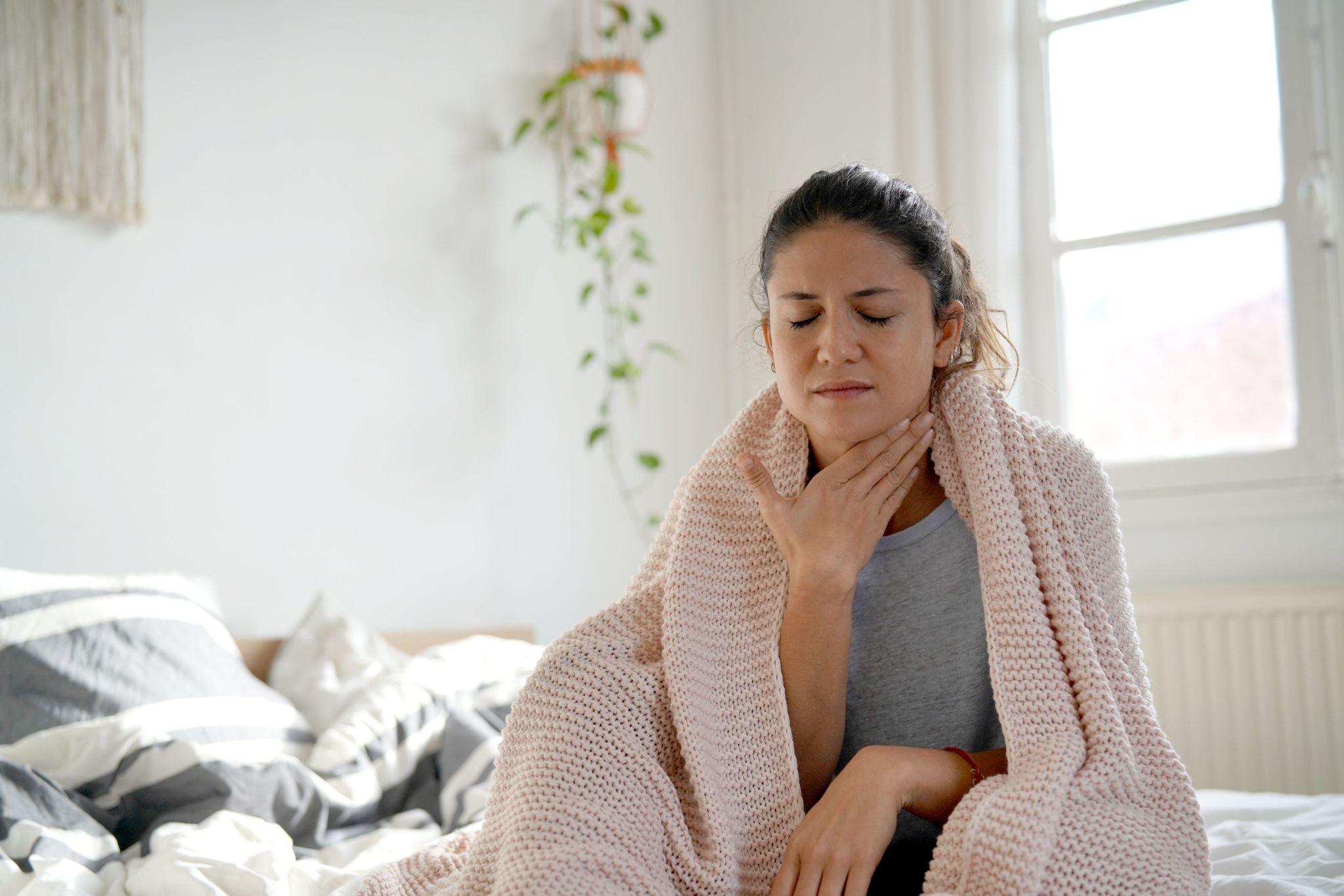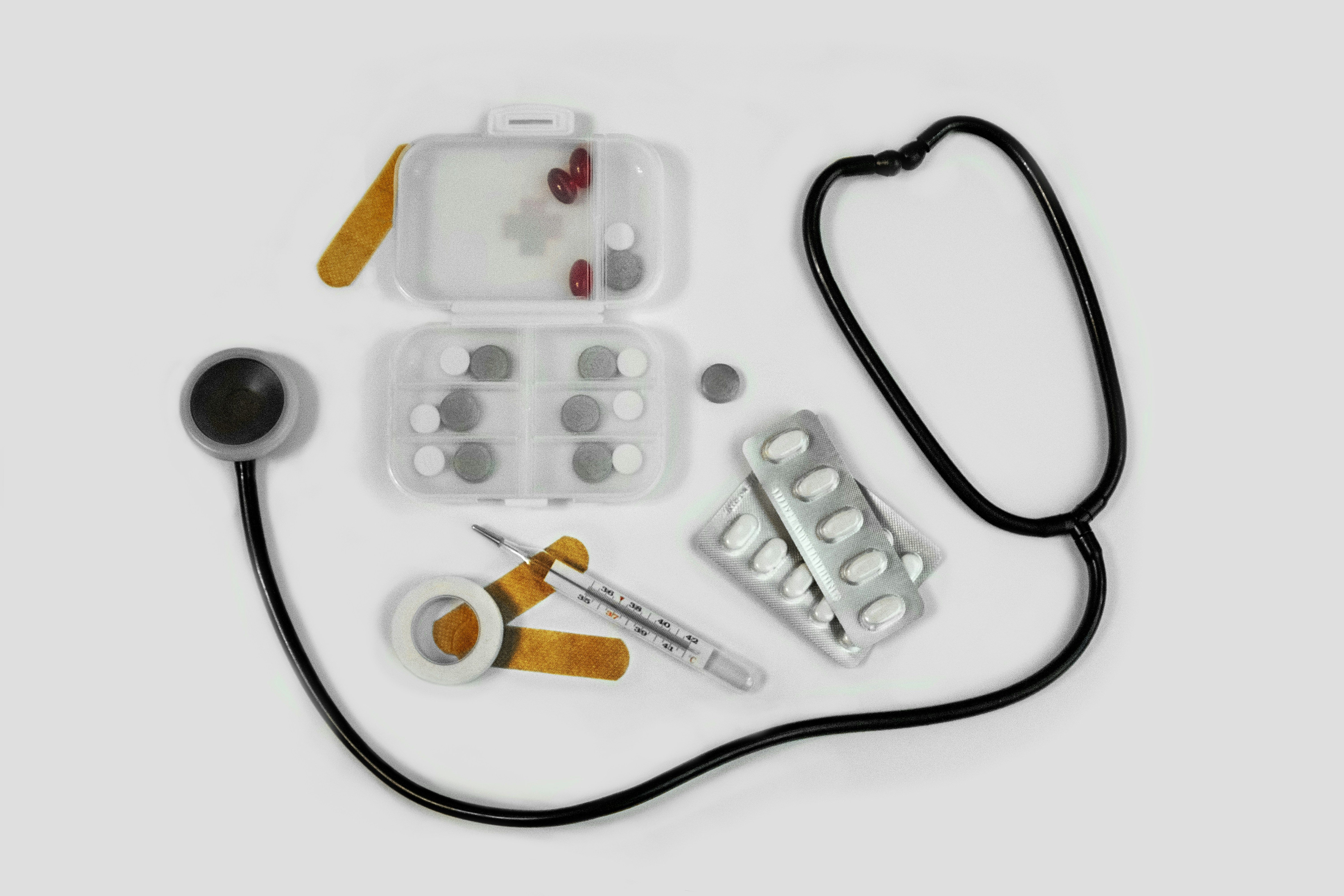Every year, millions of people brace themselves for allergy season—when the flowers bloom and the sneezing starts. Seasonal allergies, also known as hay fever or seasonal allergic rhinitis, can make even the nicest weather feel miserable.
But knowing what triggers your symptoms, how to recognize them, and what treatment options are available can help you take control of your seasonal sniffles and get back to enjoying the outdoors.
What Are Seasonal Allergies?
Seasonal allergies occur when your immune system overreacts to allergens in the environment. While there are different types of seasonal allergies, allergens typically include pollen from trees, grasses, and weeds that are more active during specific times of the year.
While some people deal with allergies year-round, those with seasonal allergies usually only experience symptoms during spring, summer, or fall, depending on the specific allergen.
Unlike food or pet allergies, seasonal allergies are triggered by airborne substances and tend to flare up when pollen counts are high. The body sees these harmless particles as threats and releases histamines, causing a cascade of irritating seasonal allergy symptoms.
Common Seasonal Allergy Symptoms
Symptoms of seasonal allergies can range from mildly annoying to seriously disruptive. Here are the most common signs to watch for:¹
- Sneezing
- Runny or stuffy nose
- Itchy or watery eyes
- Itchy throat, ears, or roof of the mouth
- Postnasal drip
- Coughing
- Headache or facial pressure
These seasonal allergy symptoms often mimic the common cold, but they usually last longer and follow a seasonal pattern.
What Causes Seasonal Allergies?
The main culprits behind seasonal allergies are airborne allergens—especially pollen and mold spores. Different plants release pollen at different times of the year, which means your seasonal allergy symptoms may change depending on the allergy season:¹
- Spring: Tree pollen (oak, birch, cedar, maple)
- Summer: Grass pollen (Bermuda, Timothy, Kentucky bluegrass)
- Fall: Weed pollen (especially ragweed), mold from fallen leaves
Weather also plays a role. Warm, windy days often lead to higher pollen counts, while rain can temporarily clear the air—only for counts to spike again after it dries.

How Do You Know It’s Seasonal Allergies?
If your symptoms return like clockwork each year, especially during the same months, it’s likely seasonal allergies. However, one of the following methods can help a medical provider make a formal diagnosis that helps you pinpoint exactly what you're allergic to:²
- Skin prick test: Small amounts of common allergens are introduced into your skin to see which trigger a reaction.
- Blood test: Measures your immune system's response to allergens.
- Symptom history: Your doctor may ask about timing, frequency, and severity of seasonal allergy symptoms to help narrow it down.
It’s also important to distinguish seasonal allergies from the common cold or sinus infections. Colds usually last 7–10 days and come with body aches or fevers, which allergies typically do not.
How Are Seasonal Allergies Treated?
While there is no cure, there are plenty of seasonal allergy treatment options that can significantly reduce or eliminate symptoms. Many are available without a prescription:¹,²,³
Over-the-Counter (OTC) Seasonal Allergy Medicines
- Antihistamines: Help reduce sneezing, itching, and runny nose
- Nasal corticosteroids: Reduce inflammation and nasal congestion
- Decongestants: Temporarily relieve a stuffy nose—best used short term
Prescription Seasonal Allergy Treatments
- Stronger antihistamines or nasal sprays
- Allergy shots or sublingual tablets (immunotherapy)—gradually desensitize your immune system to allergens over time
Seasonal Allergy Remedies and Lifestyle Adjustments
- Use HEPA filters in your home
- Keep windows closed during high pollen days
- Shower and change clothes after spending time outdoors
- Rinse nasal passages with saline solution to remove allergens

How Can You Prevent Seasonal Allergy Flare-Ups?
Preventing seasonal allergy flare-ups starts with minimizing your exposure to common triggers like pollen and mold. While complete avoidance isn’t always possible, you can take simple steps to reduce your risk.
Start by checking local pollen forecasts using apps or websites so you can plan your outdoor activities when counts are lower. Try to stay indoors during peak pollen times—usually early mornings and dry, windy days. Inside your home, create a clean, allergy-safe environment by using air purifiers, washing bedding frequently, and keeping windows closed.
Don’t forget to change your HVAC or air purifier filters often to keep airborne allergens in check. With a proactive approach, you can ease seasonal allergy symptoms and enjoy the season with fewer interruptions.¹
Frequently Asked Questions
When is allergy season?
Allergy season can vary by region but typically begins in early spring and lasts through late fall. Different allergens peak at different times, including tree pollen in spring, grasses in summer, and weeds in fall.¹,⁴
Why are my allergies suddenly so bad?
Allergy symptoms can worsen due to increased pollen counts, weather changes, or exposure to new allergens. Climate change and longer growing seasons may also make allergy seasons more intense.
How do I get rid of seasonal allergies ASAP?
To get fast relief from seasonal allergies, try antihistamines, decongestants, or nasal sprays, and stay indoors when pollen counts are high. For ongoing symptoms, consult a healthcare provider about allergy testing or prescription treatments.³
Breathe Easier with Fast, Online Relief
When allergy season hits, you don’t have to tough it out. With 24hrdoc’s online seasonal allergy treatment, you can get expert care and proven medications—all from the comfort of home. Our licensed providers are just a few clicks away, ready to help you manage seasonal allergy symptoms quickly and effectively. Skip the hassle of appointments and get the relief you need, when you need it.
Sources:
- Healthline. Seasonal Allergies: Symptoms, Causes, and Treatment.
- Cleveland Clinic. Allergies.
- U.S. Food & Drug Administration. Know Which Medication Is Right for Your Seasonal Allergies.
- Medical News Today. When do seasonal allergies start?.




